Santa Fe County Press Release:
Santa Fe – January 27, 2008 – Santa Fe County Commissioners Virginia Vigil and Harry Montoya co-sponsored a resolution aimed at reforming the 1872 Mining Law today. “As a supporter of mining, I strongly believe this resolution strengthens the credibility of mining,” said Commissioner Vigil, “It clarifies and improves the process and gives strong consideration to the protection of the environment, local customs, and the economy.”
Reform measures would focus on preserving clean water, wildlife, and public lands as a foundation for local economic prosperity. Tens of thousands of abandoned mines across the western United States are leaking poisons into waterways. The EPA has designated dozens of mines as Superfund sites where water pollution poses an imminent threat to human health and wildlife; the cost of cleaning up thousands of abandoned mines across the western United States is estimated at up to $72 billion dollars.
“Water Resources in New Mexico are sacred,” said Commissioner Montoya “We must preserve our public lands, this resolution addresses protection of sacred places on tribal lands as well as protection of our water resources and watersheds, we must preserve our public lands.”
The 1872 Mining Law, passed shortly after the Civil War and still in effect today, elevates mining as the highest and greatest use of public lands. A new law is needed that protects clean water, restores common sense to land management decisions involving mining, works in conjunction with current state and federal regulations to support protection of the environment, and local culture.
The Board of County Commissioners unanimously passed the resolution today. The resolution supports comprehensive federal mining law reform that: (i) establishes commonsense standards to protect clean water; (ii) ends the selling off (patenting) of public lands for mining in perpetuity; (iii) holds mining companies responsible for restoration and reclamation; (iv) restores balance to public lands management; (v) explicitly gives land managers, with input from local communities, authority to deny mines that cause undue threats to clean water and other values; (vi) provides financial resources for the cleanup of abandoned mines; and (vii) protects highly valued public lands, including wild and scenic rivers, roadless national forests, Native American sacred places and wilderness-quality lands, from large-scale industrial mining.

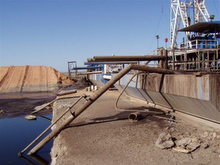



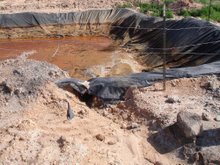


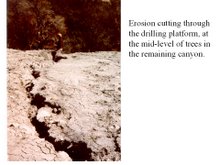


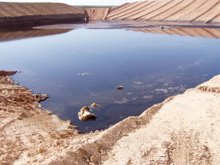
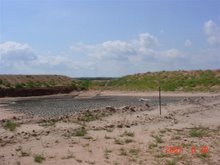
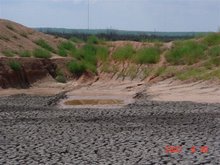
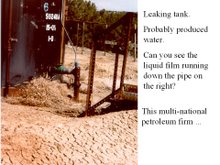
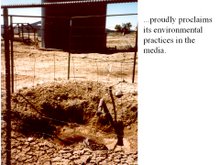
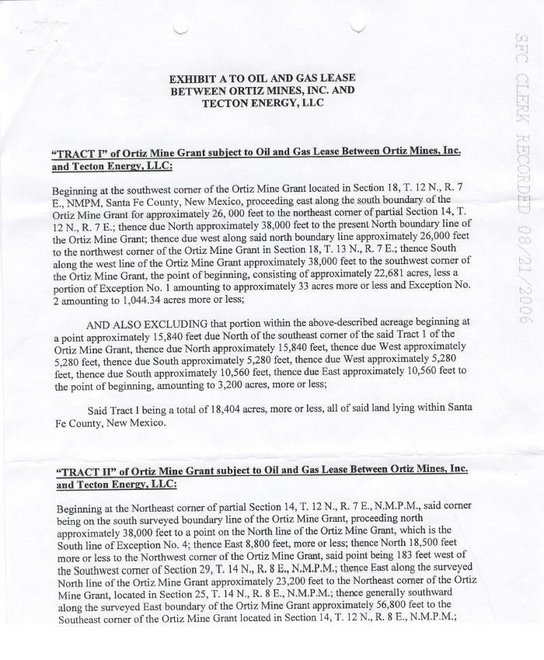
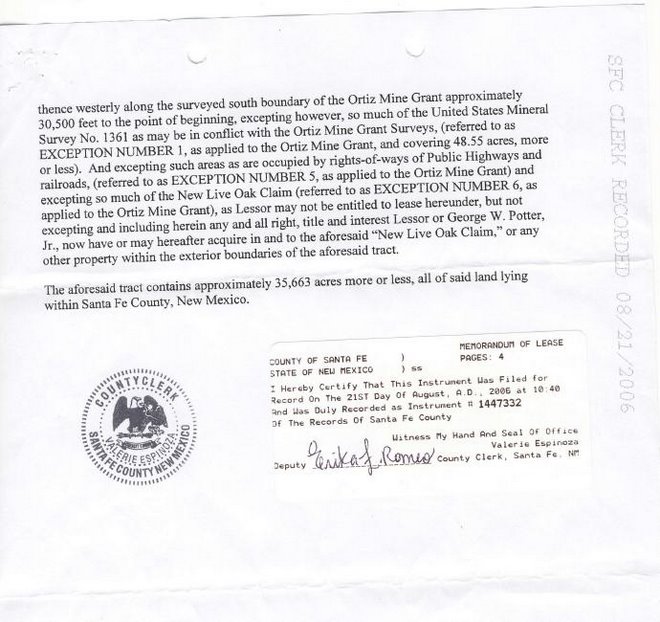


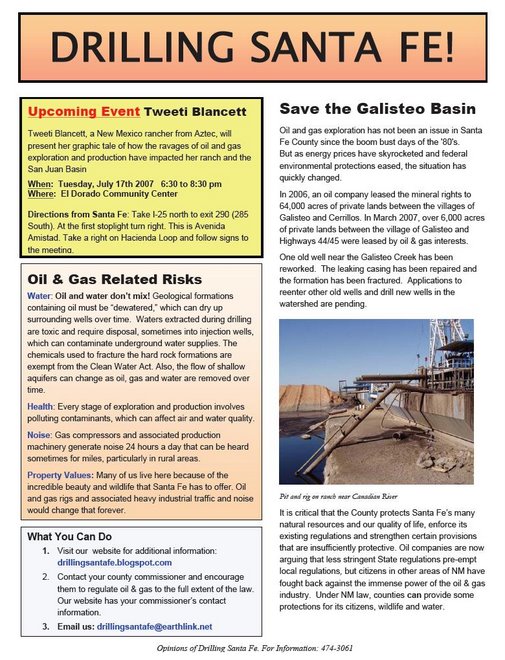
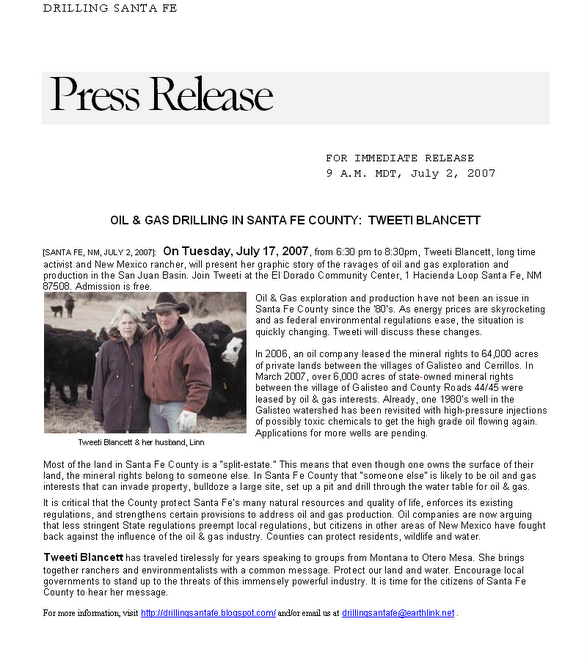
No comments:
Post a Comment